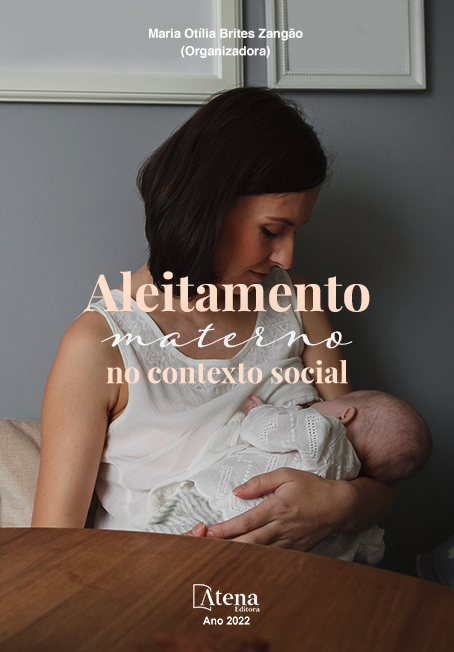
Aleitamento Materno No Contexto Social
O aleitamento materno é uma estratégia de promoção de saúde e vínculo para mãe e filho. De acordo com as orientações atuais, idealmente deve ser realizado de forma exclusiva nos primeiros seis meses de vida e complementar até o período mínimo de dois anos de idade. Dentre os benefícios para a saúde materna podemos citar a diminuição dos riscos de câncer de mama, câncer de endométrio, câncer de ovário, diabetes mellitus tipo 2, depressão pós-parto; além de promover melhor recuperação puerperal, com redução dos casos de hemorragia pós-parto, perda de peso e involução uterina mais rápidas. Para o feto, os ganhos na primeira infância há muito já estabelecidos constituem-se de nutrição adequada, passagem de anticorpos, diminuição de doenças alérgicas e melhor desenvolvimento do sistema oral, o qual irá impactar na fala e deglutição. Ademais, atualmente se reconhece o impacto do aleitamento materno na prevenção de doenças na vida adulta, pois diminui o risco de comorbidades crônicas tais como diabetes, hipertensão arterial e obesidade. Ressalta-se que o AM é gratuito e, portanto, impacta diretamente na redução da desnutrição infantil, comorbidades maternas e mortalidade infantil de todas as classes sociais, especialmente dos grupos sociais mais vulneráveis.
Aleitamento Materno No Contexto Social
-
DOI: 10.22533/at.ed.1832231051
-
Palavras-chave: Aleitamento Materno; Determinantes Sociais da Saúde; Atenção Primária a Saúde.
-
Keywords: Breastfeeding; Social Determinants of Health; Primary Health Care
-
Abstract:
Breastfeeding is a strategy to promote health and bonding for mother and child. According to current guidelines, it should ideally be performed exclusively during the first six months of life and complemented until the minimum period of two years of age. Among the benefits for the mother's health we can mention the decrease in the risks of breast cancer, endometrial cancer, ovarian cancer, type 2 diabetes mellitus, postpartum depression; besides promoting better puerperal recovery, with a reduction in the cases of postpartum hemorrhage, weight loss, and faster uterine involution. For the fetus, the long-established gains in early childhood are adequate nutrition, passage of antibodies, reduction of allergic diseases, and better development of the oral system, which will impact speech and swallowing. Furthermore, the impact of breastfeeding on disease prevention in adulthood is now recognized, as it decreases the risk of chronic comorbidities such as diabetes, hypertension, and obesity. It is noteworthy that breastfeeding is free and, therefore, has a direct impact on reducing child malnutrition, maternal comorbidities, and infant mortality in all social classes, especially in the most vulnerable social groups. The development of interventions that encourage adherence to breastfeeding depends on understanding the factors that can influence the initiation and continuity of breastfeeding. Among the factors that influence this choice, we cite the mode of delivery, parity, encouraging the formation of a bond between the mother-child dyad, the mother's socioeconomic level, education on breastfeeding. Thus, breastfeeding becomes one of the main tools for health promotion and disease prevention for the mother-child binomial, in addition to improving the affective bond and reducing parental abandonment rates.
-
Número de páginas: 6
- Isabelle Melo da Camara
- Luís Alexandre Lira de Castro
- Patrícia Leite Brito
- Raphael Lopes Ferraz


